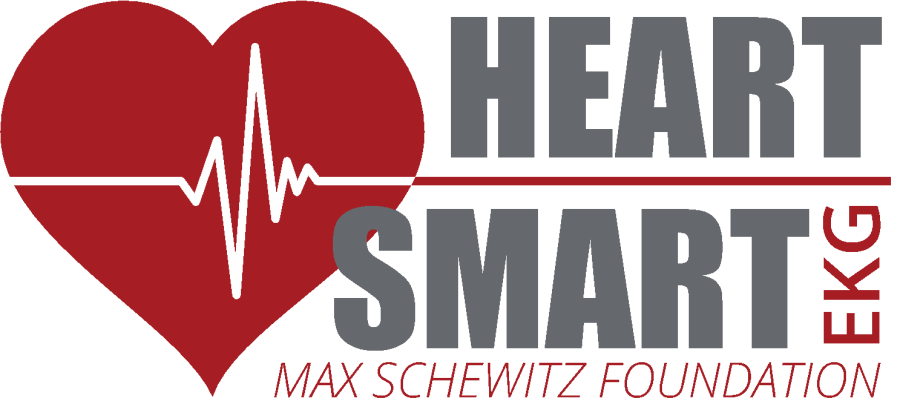Keeping LZHS’ hearts healthy
Photo by and used with the permission of the Max Schewitz Foundation
The Max Schewitz Foundation has saved over 1000 lives since 2005. Now, they’re coming back to LZHS for the first time since the COVID-19 pandemic.
Sudden cardiac arrest is the #1 cause of death among student athletes. Because of this, the Max Schewitz Foundation has provided over 100,000 electrocardiogram (EKG) tests to high school students across America, including LZHS on March 8th, 2023, the first time they’ve come to the school since the COVID-19 pandemic.
Max Shewitz was a victim of a heart condition that could have been detected and treated if he had received an EKG. Since his death in 2005, the Max Schewitz Foundation has been testing young adults across America for only 6% of the cost offered at a primary care physicians office to ensure that other teens will not fall victim to sudden cardiac arrest like Shewitz.
“It has been our painful privilege to lead the foundation we started at Max’s death,” David and Mary Beth Schewitz, founders of the Max Schewitz Foundation, said. “As with the loss of Max, we are sad beyond belief, but proud of [the difference we’ve made in his name].”
Randal Dunbar, physical education teacher, recommends all students get tested because not every high school is able to offer this “great opportunity to catch possible underlying health issues.”
The screening itself is a quick, painless, non-invasive examination which records electrical signals in one’s heart, according to the Max Schewitz Foundation. The examination itself will be done in separate booths to respect students’ privacy. Additionally, results will be kept confidential outside of the student and their guardian(s).
To register for an EKG, go to HeartSmartEKG.org by Sunday, March 5th, 2023 for $25 per student (only $5 for students on the free and reduced lunch program). No make-ups will be offered and no late registrations or walk-ins will be accepted.
“It’s an awesome thing that our school is [able to give students opportunities like the EKG test],” Dunbar said. “If you’re on the fence about [getting tested], do it.”

As a senior, this is Sadie’s third year on the Bear Facts staff, and is excited to act as the Print Editor-In-Chief for the 2024-2025 school year. Though...

